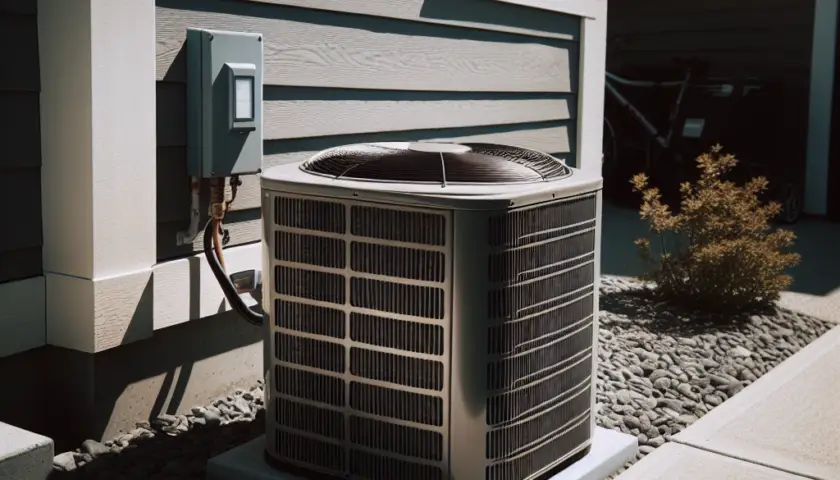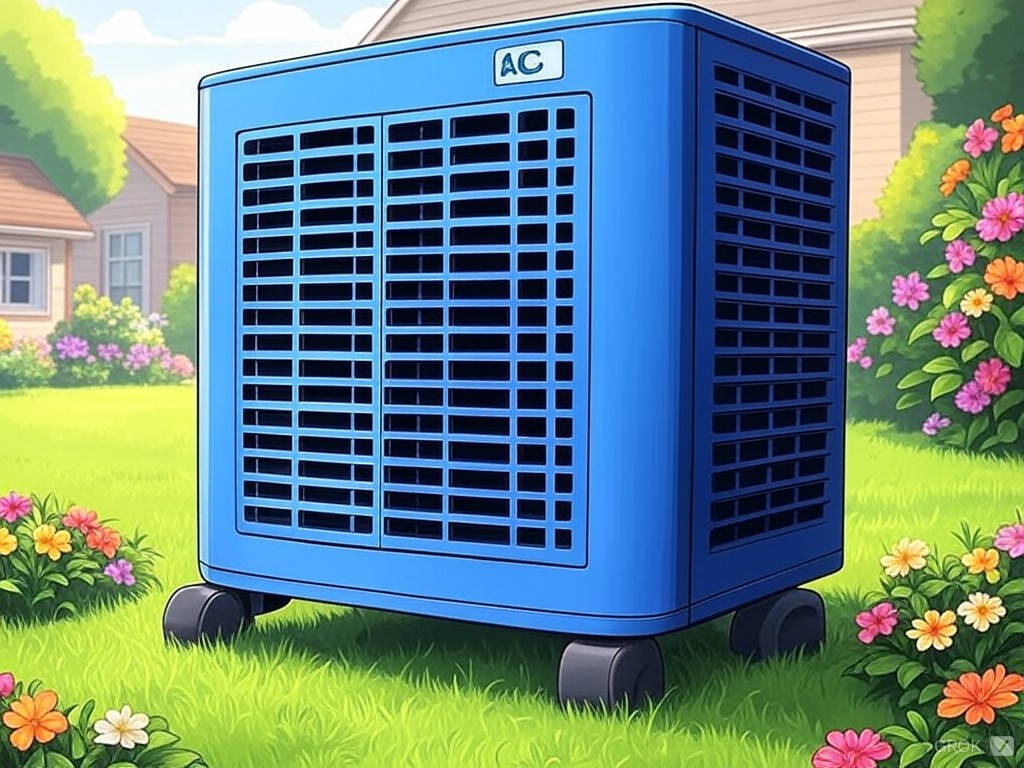Air quality in Alabama is a topic of concern for many homeowners. It’s not just about comfort, but also about health and well-being.
Understanding the factors that contribute to poor air quality can be complex. It involves a mix of environmental, industrial, and even weather-related elements.
In this article, we’ll delve into the reasons why the air quality in Alabama may be bad. We’ll explore common pollutants, seasonal factors, and the impact of weather patterns.
Our goal is to help you gain a comprehensive understanding of these issues. We’ll also provide practical tips on how to improve the air quality in your home and community.
Understanding Air Quality in Alabama
Understanding air quality starts with the Air Quality Index (AQI). AQI rates air pollution based on several pollutants.
In Alabama, common pollutants include ozone and particulate matter. These can harm health, especially if levels are high.
Birmingham, in particular, faces unique challenges due to urban emissions. Industrial activities and vehicle emissions play significant roles here.
Weather patterns in Alabama also affect air quality. Conditions like temperature inversions can trap pollutants, making air quality worse. This can lead to discomfort and health issues for residents.
Common Pollutants Affecting Alabama’s Air
Alabama’s air quality often suffers from high ozone levels. Ozone forms when pollutants from cars and industries react in sunlight.
Particulate matter, like dust and smoke, is another concern. These tiny particles can easily enter the lungs and cause issues.
Pollen also contributes to air quality challenges. Spring and summer see higher pollen counts, affecting many residents.
In Birmingham, industrial emissions exacerbate the problem. Factories release pollutants that worsen urban air quality significantly.
Seasonal and Weather-Related Factors
Alabama’s climate plays a big role in air quality. Spring and summer bring higher pollen levels, triggering allergies.
Weather patterns, like temperature inversions, can trap pollutants near the ground. This creates a layer of poor air quality.
Humidity also influences air conditions. Moist air can worsen the effects of pollutants, leading to more significant health issues.
Health Impacts of Poor Air Quality
Breathing in polluted air can lead to various health problems. Respiratory issues, such as asthma and bronchitis, are common concerns.
Children and the elderly are particularly vulnerable. They may experience worsened symptoms and higher risks of illness.
Long-term exposure can even lead to serious conditions. Heart disease and lung cancer are some of the potential impacts.
Improving Indoor Air Quality with HVAC Solutions
Consider using air purifiers to capture dust and allergens. High-efficiency particulate air (HEPA) filters can greatly enhance this process.
Clean air ducts periodically to prevent the buildup of contaminants. This step helps maintain the efficiency of your system.
Ensure proper ventilation in your living spaces. It reduces indoor air pollution and helps your family breathe easier.
Taking Action on Bad Air Quality Days
On days with poor air quality, it’s best to remain indoors. Limiting outdoor activities can help minimize health risks.
Keep your windows and doors closed to reduce the entry of outdoor pollutants. Use an air purifier inside to maintain cleaner air.
Stay updated with local air quality reports. Knowing current conditions allows you to make informed decisions about your activities.
The Role of Community and Personal Responsibility
Improving air quality is a collective effort that benefits us all. Community initiatives, like planting trees, can significantly impact air quality.
Individually, making smarter transportation choices, such as carpooling, contributes to cleaner air. Small changes in our daily routines add up over time.
Advocate for policies that support cleaner air. Engaging with local leaders amplifies our collective voice for a healthier environment.
Conclusion: Your Next Steps to Better Air Quality
Improving air quality begins with informed choices and proactive actions. Regular HVAC maintenance is essential for healthier indoor air.
Stay informed about local air quality by checking daily reports. Together, through community efforts and personal responsibility, we can create cleaner air in Alabama.



